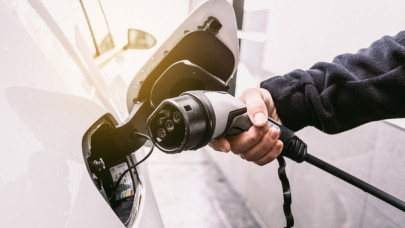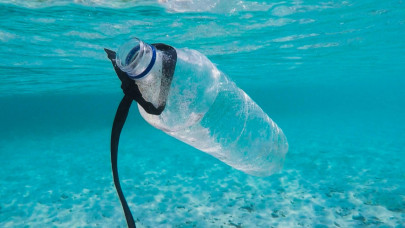Beginning in 2026, to be marketed and used in the European Union, every product must have a digital passport proving it meets minimum eco-design requirements. According to these requirements, each new product must be designed and assembled to be easily repaired, reused, or recycled, as stated in Regulation (EU) 2024/1781, recently adopted by the European Parliament and the Council of the European Union and published in the EU Official Journal. This will extend the lifespan and use of products by an average of 5 years, according to representatives of the Environ Association, which is involved in managing waste electrical and electronic equipment in Romania.
Currently, products on the market have the disadvantage of not being designed for sustainability throughout their entire lifecycle. As a result, they need to be replaced frequently, leading to significant energy and resource consumption for producing and distributing new products and disposing of old ones.
For electrical equipment, for instance, lifespan depends on the complexity and quality of components. The average lifespan of refrigerators (10-12 years) is affected by failures in components such as compressors, condensers, or control boards. Washing machines have an average lifespan of 7 to 10 years, with the most common failures being the water pump or the drive belt. Televisions, with an average lifespan of 7 years, are often replaced due to issues with the display panel, backlight, or other internal electronic components. Vacuum cleaners have a lifespan of 5 to 6 years, influenced mainly by components such as the motor, fan, or control panel, while hair dryers, which typically last between 3 and 5 years, most commonly fail due to overheating (faulty temperature sensor), air filters, or fans.
According to Roxana Puia, Marketing Director of the Environ Association, generating large amounts of waste is "a behavior stimulated by producers through planned obsolescence." Moreover, for both citizens and businesses, making sustainable choices regarding products is too difficult without relevant information about products and accessible options.
"In a world that disposes of tens of millions of tons of electrical waste annually, we welcome the adoption of the Ecodesign Regulation and the directive on the right to repair with great hope, seeing them as necessary measures. Holding producers accountable is the first step while educating and raising awareness among end consumers is the second step towards a planet with less waste," says Roxana Puia.
Given that approximately 80% of the environmental impact of a product's lifecycle is determined during the design stage, the new regulations are expected to improve the sustainability and reliability of products on the EU market. Additionally, they will increase the potential for reuse, maintenance, refurbishment, and remanufacturing, as well as the potential for upgrading, repairing, and recycling. Significant impacts are also anticipated in energy efficiency, recycled material content, and the efficient use of resources and water.
The new regulation also introduces specific informational requirements, including repairability classes, durability, carbon footprint, or environmental impact, and information on installation, use, maintenance, and repair of the product. Furthermore, information will be disclosed regarding the collection for refurbishment or remanufacturing and the methods for returning or treating the product at the end of its lifecycle. A relevant example is mobile phones, where the collection rate in EU countries does not exceed 5%; the new rules are expected to improve collection rates through collection information, financial incentives, and warranty return systems.
Product labels are also regulated, including both format and necessary content, aiming to minimize the product's environmental impact and ensure optimal sustainability.














